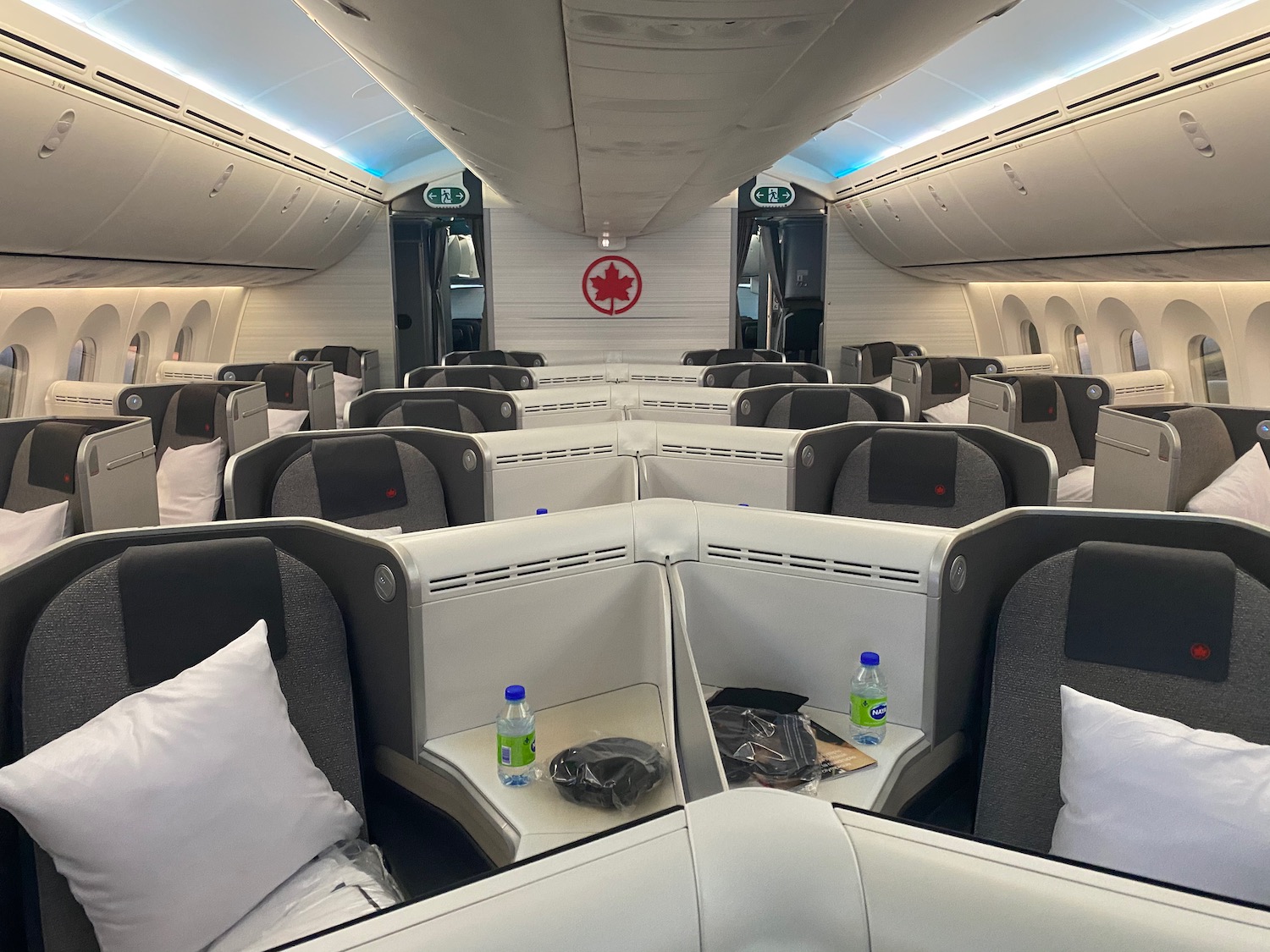While elite status seems inconsequential during the coronavirus crisis, some programs came out on top while others lagged behind. This is the loyalty program elite status winners and losers.
If you are considering booking travel or signing up for a new credit card please click here. Both support LiveAndLetsFly.com.
If you haven’t followed us on Facebook or Instagram, add us today.
Early Movers, Winners, and Losers
Even though I think IHG hates its elites, the chain came out before any other major program and announced reduced criteria. The reduction was 25% off requirements for the year, presumably because Intercontinental Hotels Group thought that coronavirus travel restrictions would be limited. Alaska Airlines did the same, incenting customers to earn double if they would fly when no one else would (March 2020.)
Delta, Hilton, and Hyatt all extended status through the end of this year and all of next year. That was classy on all of their parts (Alaska has since done the same) but being a first-mover has consequences too. Extending status for a year became the baseline, but moving first also reflected a lack of full knowledge of the competitive landscape, duration of the event and damage it would (and will) cause.
Certainly, IHG should be commended for offering a stopgap quickly, but in so doing, the chain now has the least competitive offering. Delta, Hyatt, and Hilton also appear to be doing the average acceptable accommodation, whereas Alaska Airlines both offered benefits for those that needed to fly and, later, protected those that couldn’t.
Innovation is Key
In a world where almost everyone (I’m looking at you, IHG) has extended status through the end of next year without adding any special features, two airlines made things more interesting.
United not only extended status through the end of next year (and Plus Points upgrade expiry dates) but they also added a new twist for re-qualifying. Though United just ramped up Premier Qualifying Points (PQPs, essentially Premier Qualifying Dollars) they now have a reason to backtrack by cutting this requirement for next year by 50%. That’s something that new United will take to heart and may increase their status level by a tier.
The qualification reduction makes United the lowest threshold to achieve from any US flag carrier.
Air Canada also thought cleverly about its approach. The carrier is granting status extensions but adding the ability to gift status to someone else based on 2020 flying. That includes flights before the coronavirus restrictions and after. Gifting status will certainly introduce new flyers to Air Canada elite privileges and offer a risk-free way to try the product for frequent flyers on other carriers.
Air Canada gives a significant reason to fly the rest of this year and rewards those who were active early in 2020.

Annoying the Most Frequent Travelers
American Airlines and Southwest have failed to announce what amendments they will make for status qualification in 2020 or beyond. British Airways has lowered requirements but not extended status. Some frequent flyers have expressed frustration with uncertainty. Many remain customers even as passengers can’t fly, airlines continue to sell 100 million frequent flyer miles every day.
No doubt, they will update expiration dates soon – airlines that don’t would lose customers without a doubt. There is a first-mover disadvantage that IHG fell victim to, though they can always change their approach and simply grant an extension for all of this year.
Conclusion
Airlines that have not yet committed to a frequent flyer amendment plan to this point have the rare “last-mover advantage.” American Airlines, for example, has an opportunity to put themselves at parity with United and ahead of Delta. IHG will face no penalty for coming with a plan early, as long as they ultimately grant a waiver for the year, however, it will be difficult for Delta to amend their approach to match either Air Canada or United’s 2020/2021 plan.
What do you think? Were United and Air Canada winners? Does that make carriers that haven’t yet announced, losers? What about those that didn’t make innovative enough plans but revise?




I made three bookings in April for my family this summer. None include AA as I can’t consider them a dependable partner who will play ball if I need to change the trips.
I booked on UA and DL
Once Delta and United moved, American should have moved especially since some of their One World partners already had. I am still loyal to AA (I prefer the One World Alliance) and looking at future bookings. If their offer is anything short of an extension until 2022, that will be very disappointing and I would seriously have to reconsider my status. I live on NY so have solid options with Delta and United.
How about actually buying a plane ticket and supporting an airline for a change. That’s a novel idea. They have been providing flights for far less than they should have for decades now. If you want nice planes great service and reliability that comes at a price that current fliers are not willing to pay.
Help them out by buying a ticket at a price fair to what you are getting in return and you will be rewarded with loyalty benefits.
The airlines are really busy right now just trying to stay afloat so they can continue to offer cheap flights for those that dont appreciate what running an airline entails. Loyalty programs are not important to them at the moment nor should they be to anyone else right now. There aee more important issues to work out first.
$3200 for deep coach on American Airlines is criminal. If they’d open up SWUs, I’d buy a ticket, if they offered competitive business class, I’d buy a ticket but no space available and sky high prices when they’ve sold nothing is crazy.